Developer and Contributor
MolSpin is an open-source project with several people contributing to provide a versatile toolkit for the spin chemistry community. The grant goal of MolSpin is to provide a transparent and efficient software package that can be used, expanded and altered by everyone who wants to study the fascinating topic of spin chemistry and magnetic resonance.
Project lead
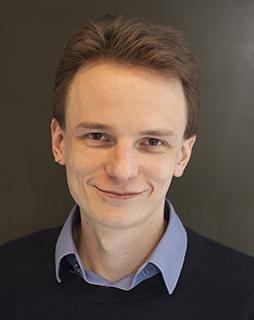
Prof. Ilia Solov'yov was Dr. Claus Nielsen's Ph.D. supervisor when the MolSpin project was initiated. His research group focuses on the theoretical study of magnetic field effects in various biological systems and applies multiscale approaches to investigate these systems in depth. Prof. Solov'yov is a significant contributor to the MolSpin project, providing continuous guidance in its active development and support for funding acquisition. His working group can be found at the QuantBioLab site.
Principle Developer
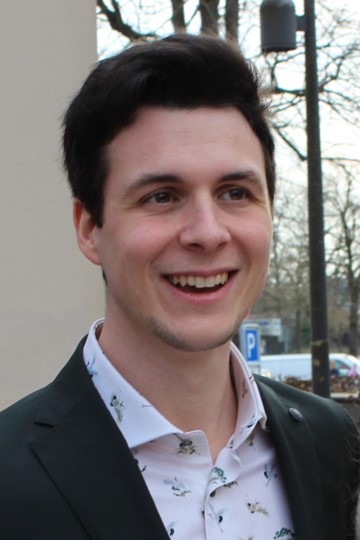
Luca Gerhards is the lead developer and innovator of the MolSpin project. He plays a pivotal role in maintaining and continuously expanding the software's capabilities, implementing novel theoretical frameworks and extending the MolSpin project. In addition to implementing new tasks and features, Luca actively enhances the API, optimizes performance, and introduces innovative elements such as pulse objects to further advance MolSpin's functionality. His expertise centers around spin dynamics in biological systems, spin relaxation processes and open quantum systems.
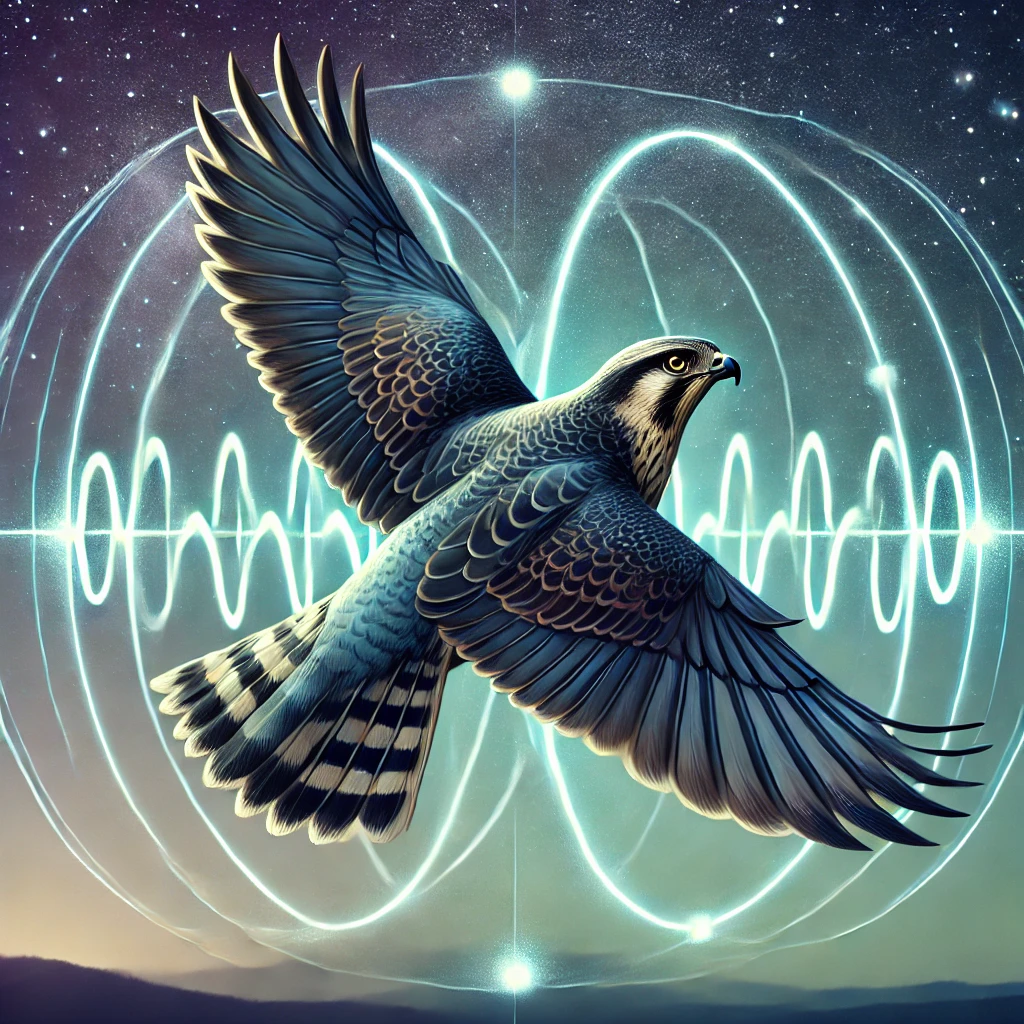
Dr. Claus Nielsen is the founding developer of the MolSpin software. He created the first version of MolSpin when he was a Phd student at the Syddansk Universitet in the group of Prof. Ilia Solov'yov. He created the core of the SpinAPI, the MSDParser and several tasks which are the running horses of MolSpin. His website can be found here.
Contributing Developer
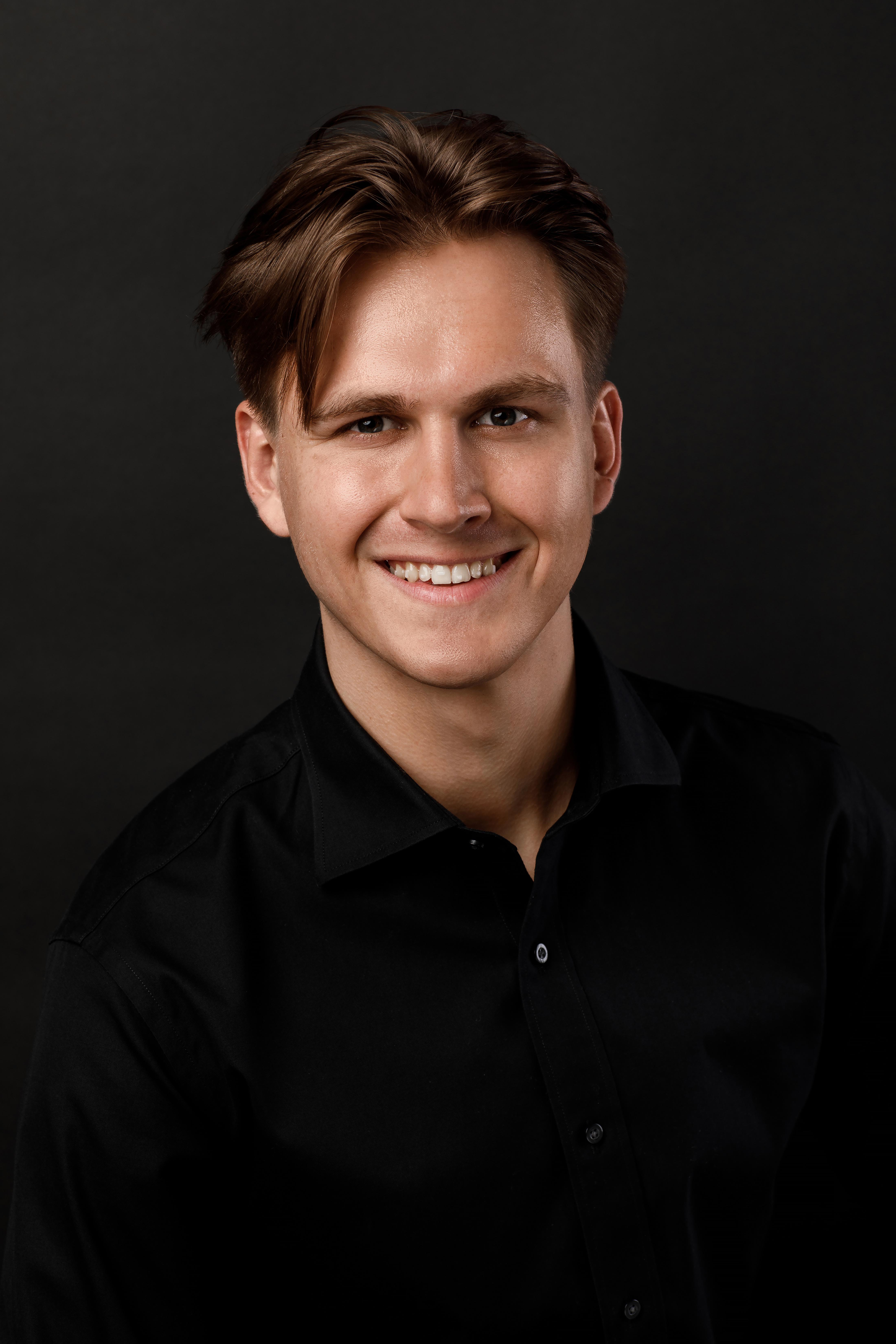
Dr. Gediminas Pazera worked in the group of Prof. Dr. Peter J. Hore at the university of Oxford and is mostly interested in applying quantum mechanical master equations to complex systems. He is the core developer of the Stochastic Schrödinger Equation (SSE) framework in MolSpin.
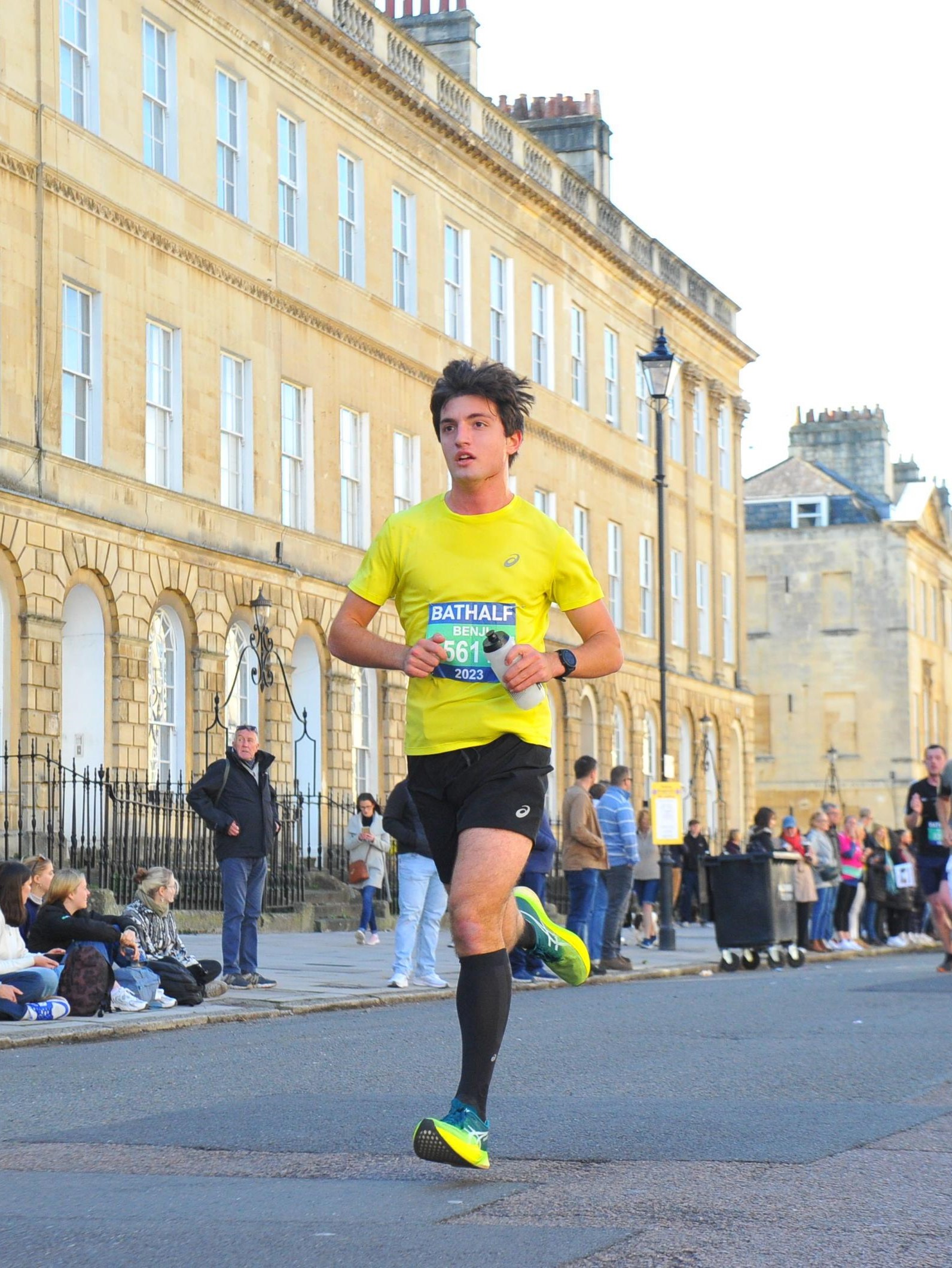
Benji Tigg is a 4th year undergraduate integrated master's student at the University of Exeter, completing his masters project on the avian compass under the supervision of Prof. Daniel Kattnig. Benji is particularly interested in how chiral induced spin selection (CISS) will affect the spin dynamics of multi radical pair systems.
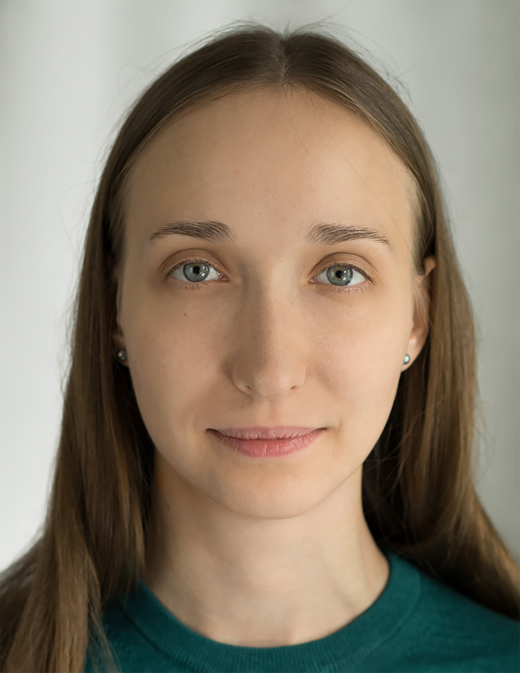
Irina Anisimova is a PhD student at the University of Oldenburg. She is researching theoretical calculations of the Photo-CIDNP effect on spin-correlated radical pairs and actively developing the magnetic resonance part of MolSpin, which allows the simulation of arbitrary magnetic resonance experiments. Furthermore, Irina is developing the incorporation of complex pulses into MolSpin, extending the software's versatility significantly.
Contributor and Tester
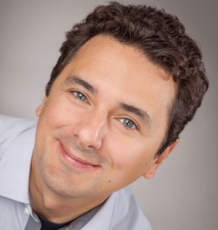
Prof. Daniel Kattnig is group leader in the Living System Institute at the University of Exeter. His group focuses on the theoretical description of effects of weak magnetic fields on chemical reaction yields relevant to animal magnetoreception and other biological processes. Daniel made major contributions to the implementation of spin relaxation as induced through a coupled bath and included in MolSpin's Bloch-Redfield-Wangsness theory module. Furthermore, he is a constant advisor and mentor in the active development of MolSpin. His working group can be found at the university website.
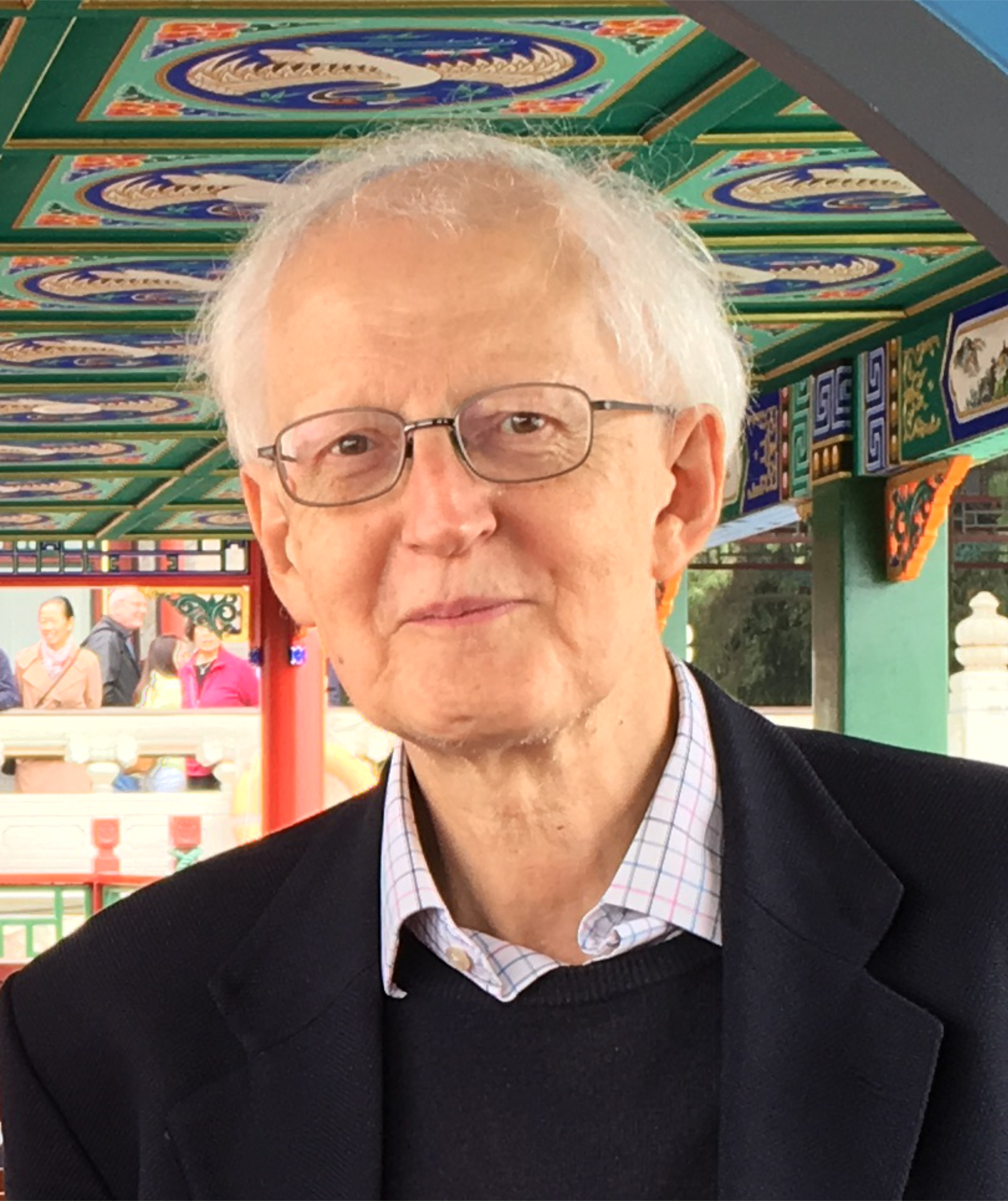
Peter Hore is a Chemistry Professor at Oxford University. For more than 40 years he has worked on various areas of Spin Chemistry and since about 2005 has been trying to unravel the biophysical mechanism that allows migratory songbirds to detect the direction of the Earth’s magnetic field. He has had several conversations with Luca about aspects of MolSpin. His working group can be found here.
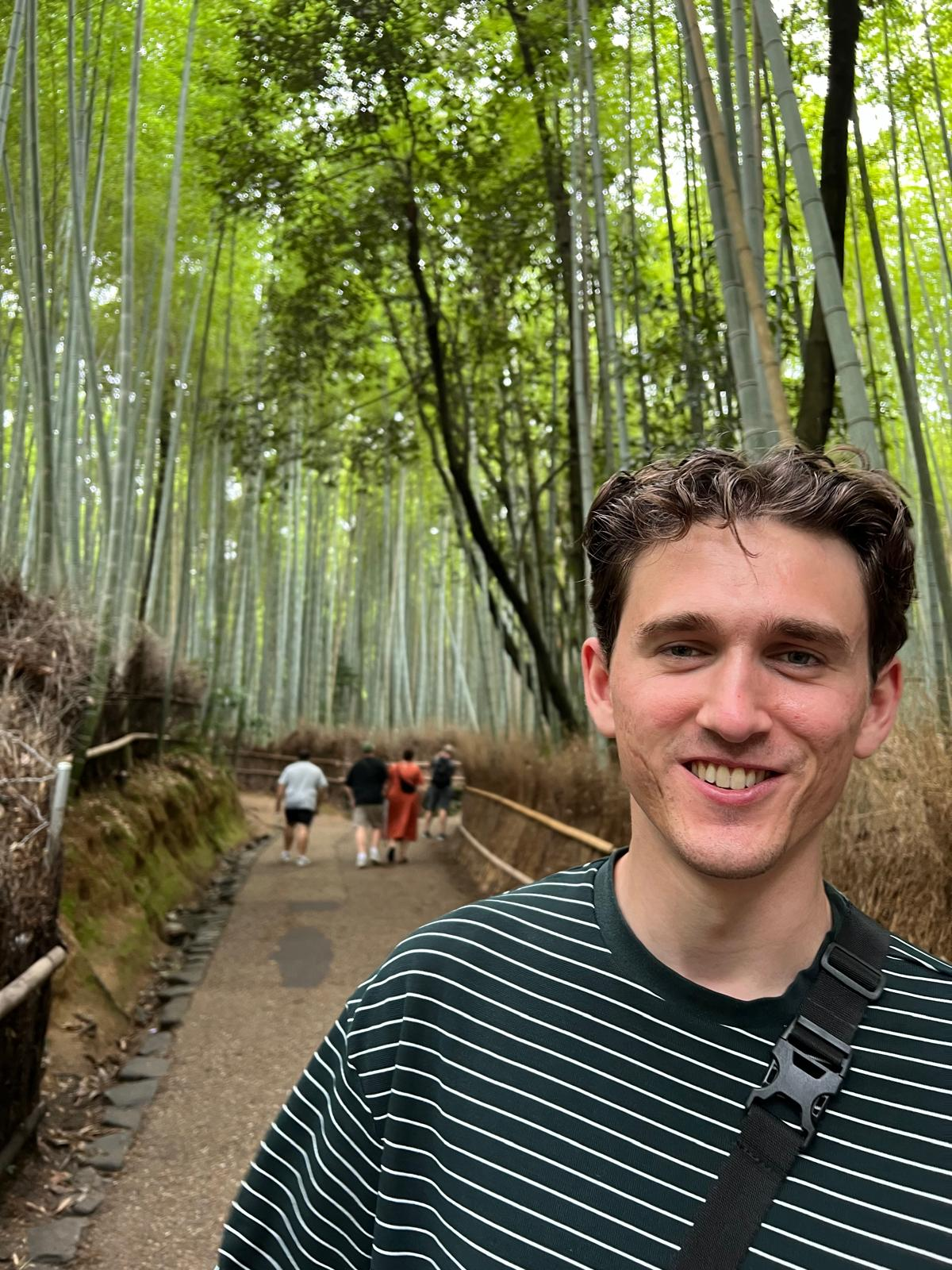
Philip Benjamin works in the group of Prof P. J. Hore at the University of Oxford. He is primarily focused on understanding the effect of realistic, time-dependent spin interactions on radical pair magnetic sensing in cryptochrome. Philip is actively contributing to the MolSpin project by testing new tasks and hint to potential bugs.
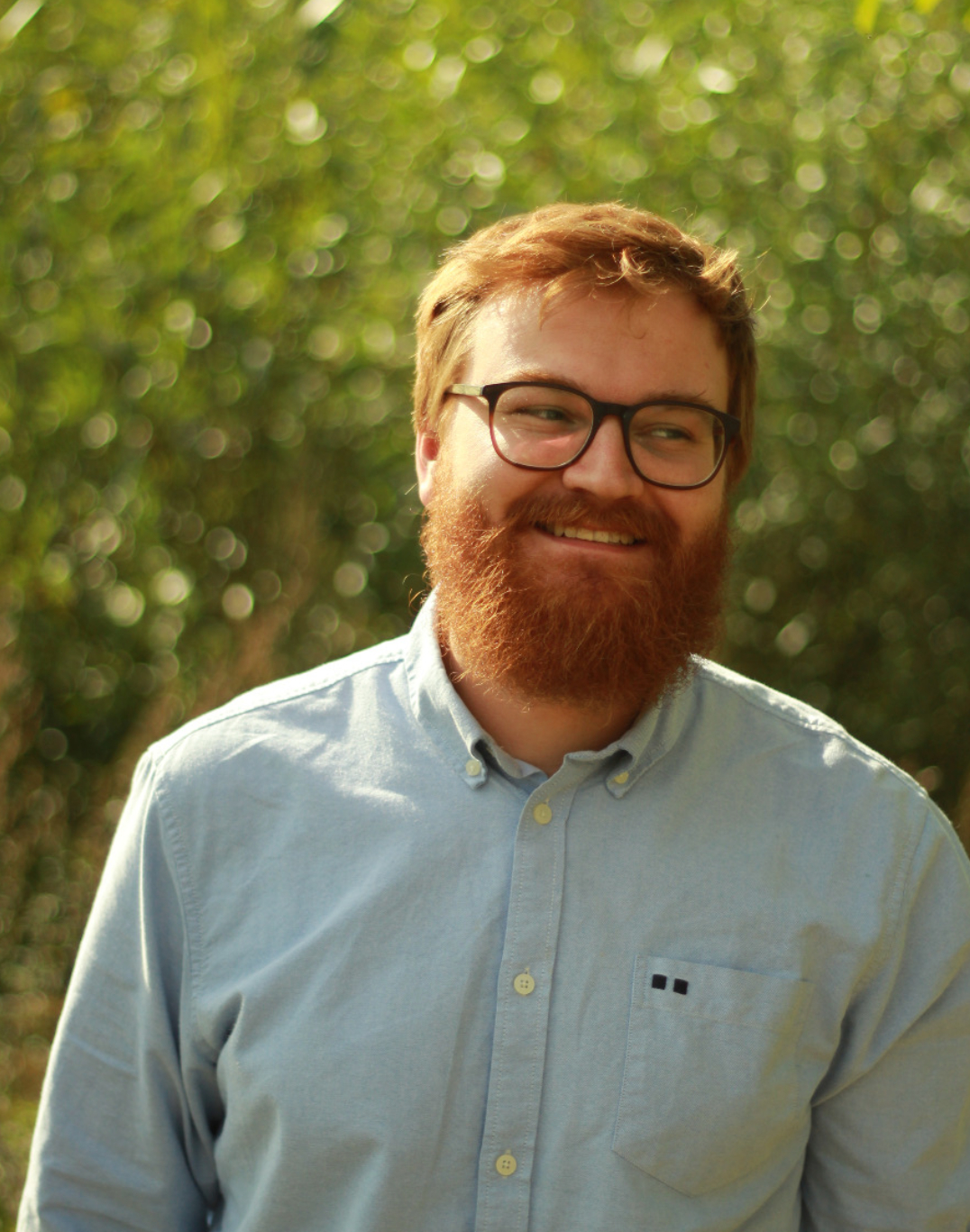
Paul Mentzel works in the group of Prof. Dr. Christoph Lambert at the Julius-Maximilians-Universität Würzburg and is interested in spin relaxation processes at high magnetic fields, coming from an experimental point of view. Paul is an appreciated tester of the MolSpin project by guiding the development team to better usability and finding issues in the codebase.
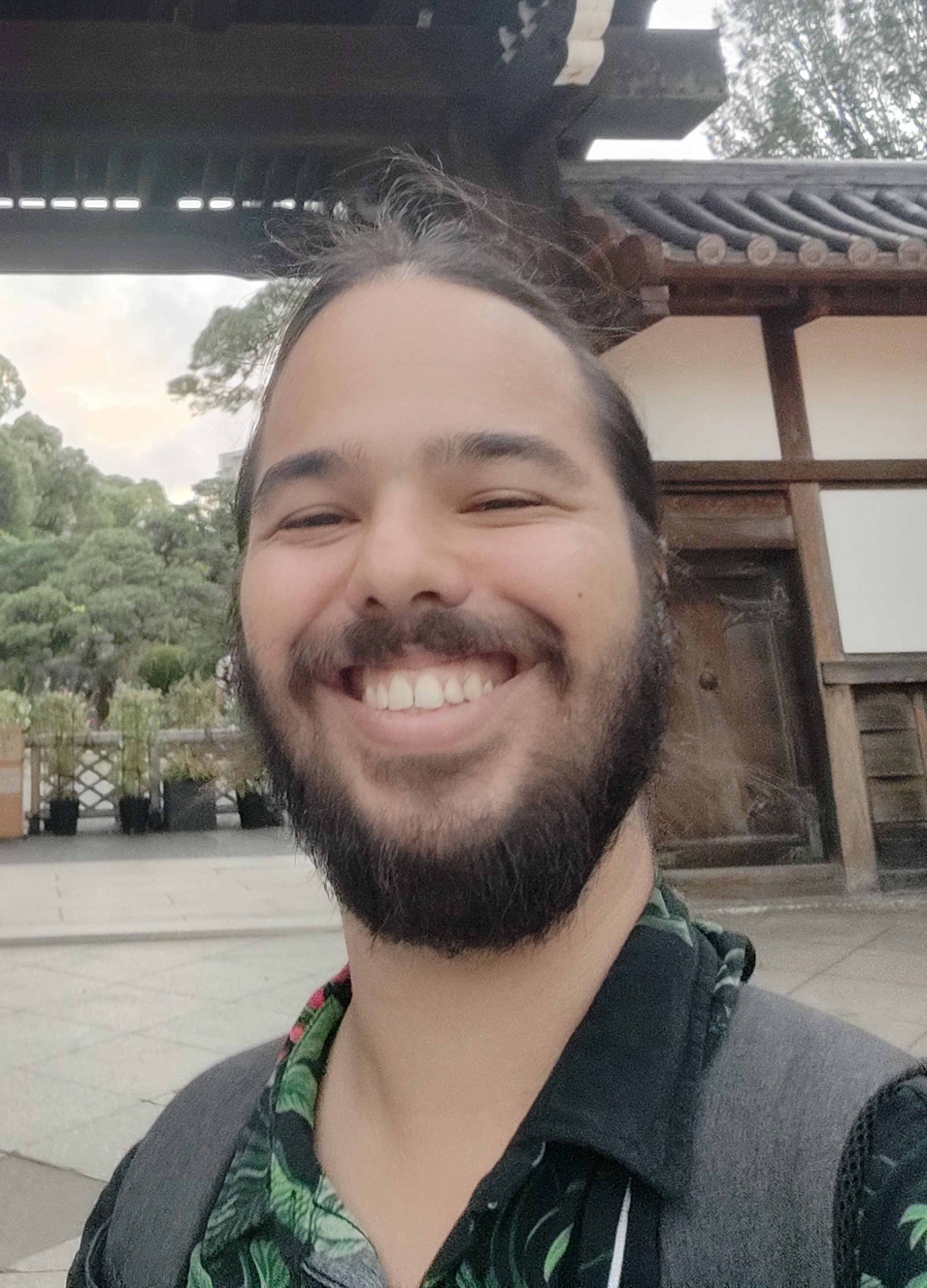
Pedro Alvarez is a PhD student in the quantum biology group at the University of Oldenburg. He researches the spin dynamics involved in magneto-sensitive chemical reactions. Pedro actively develops a graphical user interface for MolSpin using the Viking framework. His expertise includes quantum information theory, open quantum systems, and spin dynamics.
